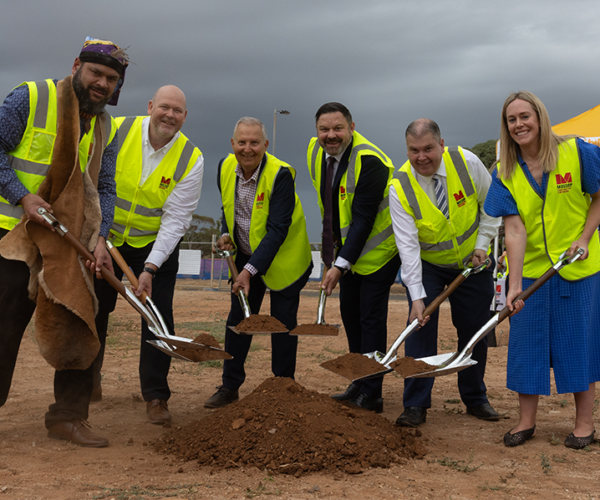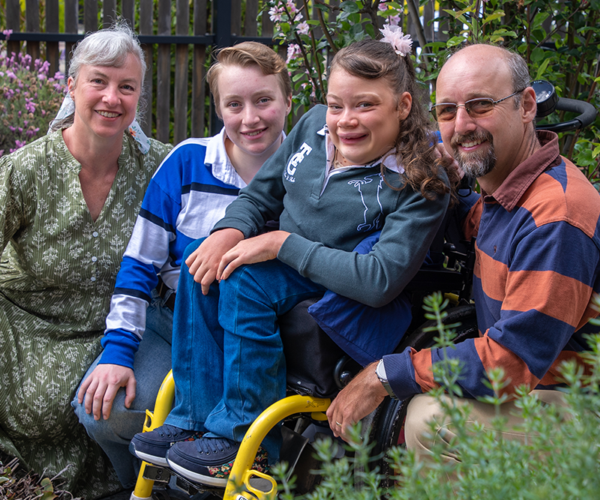Dr Tom Goddard of the Women’s and Children’s Health Network and his team, with the support of our Bloom Research Program, will develop a rapid diagnostic tool to allow clinicians to diagnose and treat lung infections in Aboriginal children living in rural and remote regions in a timely manner.
Aboriginal children in rural and remote communities have the world’s highest rates of bronchiectasis, a preventable lung condition caused by chronic lung infections.
Dr Goddard is a paediatric respiratory and sleep physician based at the Women and Children’s Hospital and performs outreach clinics at Alice Springs Hospital and Mount Gambier Hospital, where he sees many children with chronic lung disease.
He says, “We have children that are dying young, often in their teens or twenties, from preventable health conditions. Anything we can do to try and improve outcomes for these children is really important.”
Effective treatment of these infections is reliant on an accurate diagnosis. However, it can take weeks to determine the cause of lung infections in these children due to their remoteness, by which time infections have worsened.
Funds from our Bloom Research Program will support the development of a rapid diagnostic tool, using DNA sequencing, to allow clinicians to diagnose and treat lung infections in Aboriginal children living in rural and remote regions, through the team’s project titled ‘RRR2 Rapid Respiratory Response in Rural and Remote Regions – an observational study of bronchiectasis using ground-breaking tools’.
Dr Goddard says, “We’re hoping that we can get results back within an hour so that we can make an educated decision on what the best form of treatment is for these patients.”
It is hoped that this tool will mean timely treatment, preventing the need for children to be hospitalised at the Women’s and Children’s Hospital away from home and family support, and reduce the risk of permanent lung damage.




